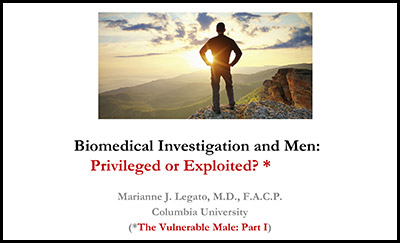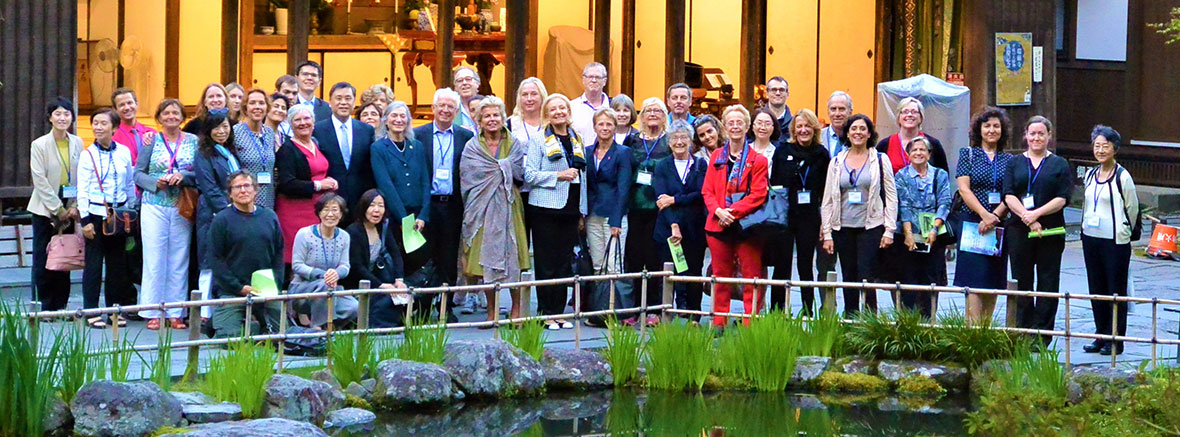We are thrilled to be able to put together these informative and transformational events where we bring together the best minds to tackle gender-specific issues in modern science.
Our mission is twofold: first, to fund innovative new research. The second is to conduct the symposia which are the intellectual lifeblood of the Foundation.
In constructing these Symposia:
- We identify the most important issues in contemporary medicine.
- We then assemble an international community of world class scholars who spend a dedicated period of several days together. Their purpose is to emphasize the importance of the chosen topic, and to explore the scope of our current understanding of how it impacts human health. We define some of the most important questions still to be answered and suggest important new directions for future investigations.
- We collect and edit the proceedings of the most important symposia, generating books which summarize state of the art insights into these crucially important topics for the use of both the scientific and lay communities. Two recent publications are Sex, Gender and Epigenetics.: From Molecule to Bedside and Building a Spacefaring Civilization: Advancing the Frontier of Science, Medicine and Human Performance in Civilian Spaceflight. Our next seminar, planned for Fall of 2025 in Rome, Italy, will consider the role of artificial intelligence in contemporary patient care.
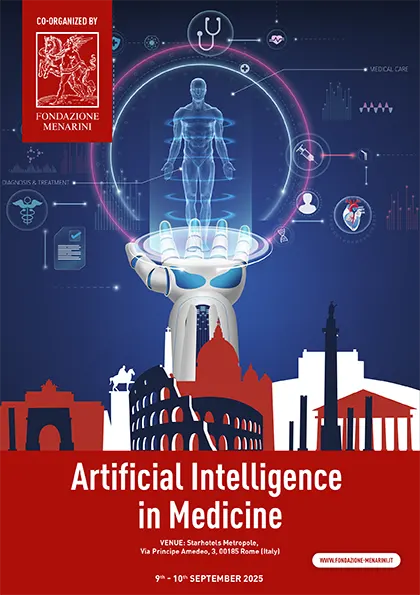
Artificial Intelligence in Medicine
September 9-10, 2025
In a remarkably short period of time, Artificial Intelligence (AI) has created what many have considered the Fourth Industrial Revolution. It has permeated virtually every area of human life. Medicine is no exception, and AI has proven a powerful aid to public health and patient care from governments and major institutions to the individual physician’s office. AI simplifies what were once onerous administrative tasks but more importantly for the purposes of the practicing health care worker reviews the pathophysiology of an individual patient with remarkable efficiency, using evidence-based observations to create a helpful dialogue with the physician that suggests diagnosis and recommends therapy.
This symposium is intended for the clinician. Accordingly, it is prefaced with initial sessions that present an overview of the history, uses and limitations of AI in medicine. Subsequent presentations will provide detailed examples of how it is being used in medical subspecialties. A consideration of the principles for assessing the validity and quality of AI tools selected for clinical care will stress the crucial importance of the content and quality of the databases on which their conclusions and recommendations are based. A final interactive session with the audience will demonstrate the use of large language models (LLM) in actual cases.
Ultimately the symposium will provide new insight into which AI tools, based on an analysis of culturally relevant observations made on an appropriate cadre of subjects, are optimally useful for the unique requirements of the individual clinician.
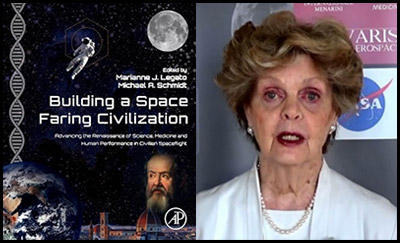
September 2023, Florence, Italy
Building a Space Faring Civilization:
Advancing the Renaissance of Science, Medicine, and Human Performance in Civilian Spaceflight
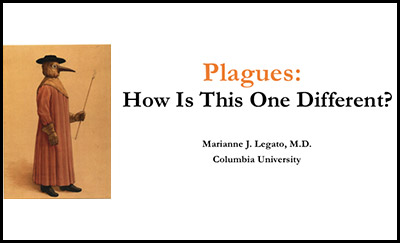
May 2021, Columbia University, New York
International Gender Medicine Conference on COVID, Plagues: How Is This One Different?

May 2018, Florence, Italy
The World Writes on the Body:
How the Environment Impacts the Phenotype

December 2013
Gender-Specific Medicine After the Age of Darwin: Achievements and Challenges for Biomedical Science in the 21st Century
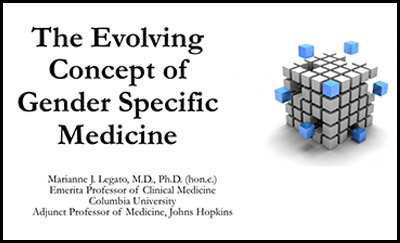
September 2022, Padua
The Evolving Concept of Gender Specific Medicine
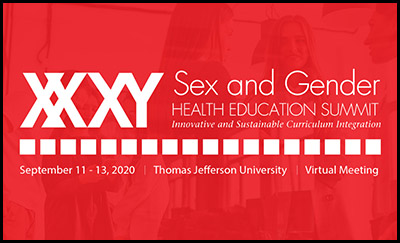
July 2020, New York
The Mayo Clinic, Gender Medicine: New Questions in the Postgenomic Era
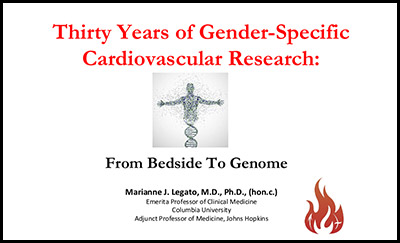
November 2016, Taormina, Italy
Thirty Years of Gender-Specific Cardiovascular Research

May 2022
Sex Gender and Epigenetics:
From Molecule to Bedside
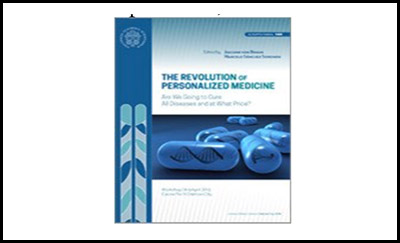
April 2019, Vatican, Rome, Italy
The Concept and Relevance of Gender to Personalized Medicine
